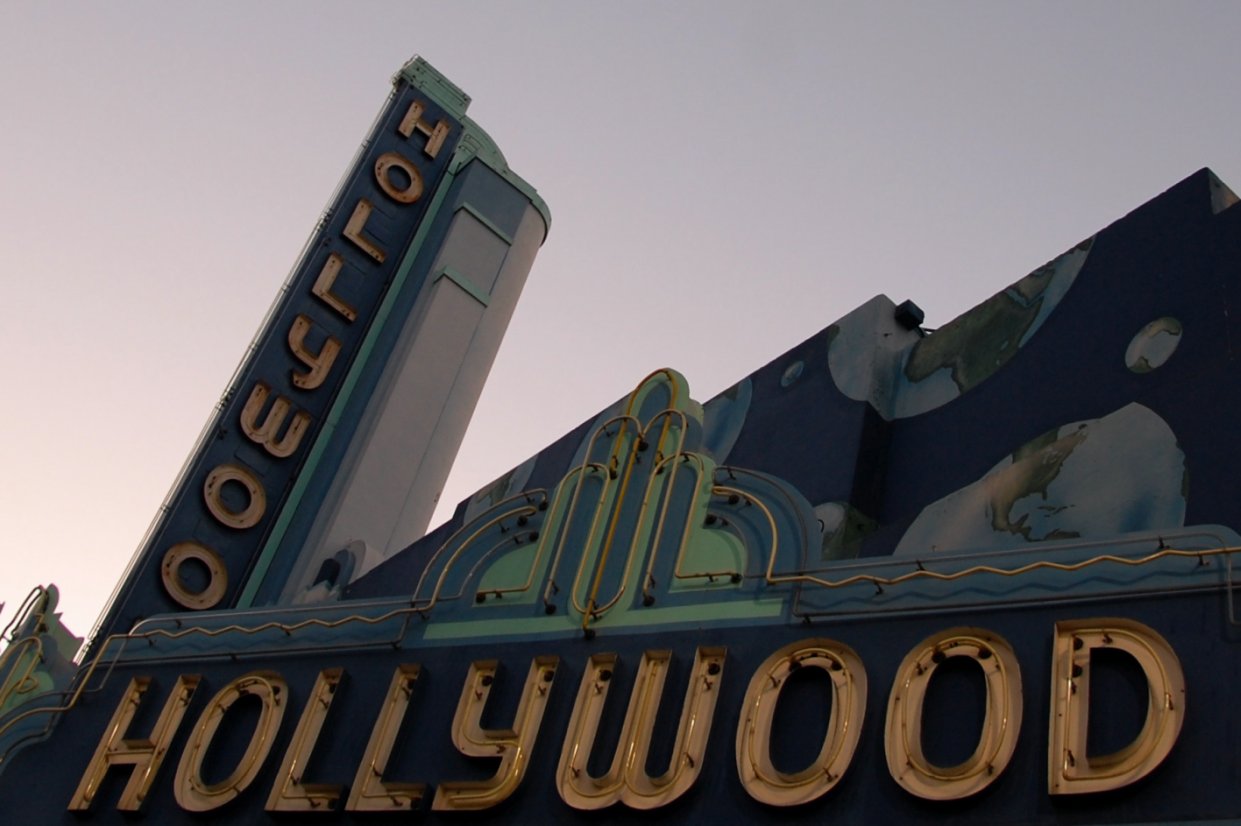The Trump Admin Wants to Undo the Rules That Ended the Studio System

If you’re a fan of movie history you probably know the term “the studio system” and equate it with a bygone era of Hollywood where a few massive studios made all the movies and kept the people who made them under exclusive contracts. Even if you haven’t heard of this, you might be aware that in the early decades of Hollywood, the way movies were made and distributed was different. A lot has changed since that time, but now the Trump administration wants to roll back the rules that ended the studio system. So are we headed back to the past?
The hallmark of the studio system wasn’t just the way they kept actors, writers, and workers on contract to the studio rather than paying them per film, it was the fact that the studios were able to do this because they owned the theaters where their movies were shown. The big Hollywood studios owned and controlled the entirety of a film’s lifespan, from when it was written to when it was shown … and in 1948, the United States Supreme Court decided this was a violation of anti-trust laws.
In United States V. Paramount Pictures, Inc., the court ruled that the major studios of the time had conspired to monopolize the film industry and control the price of movies. They had done this via a practice known as “block booking” where the individual theaters were forced to buy an entire studio’s slate of films, sight unseen. Following the case, the studios at the time entered into what’s known as a consent decree, which was basically an agreement with the United States Government that they would sell their theaters and break up the monopolies.
This might sound like ancient history, but that consent decree is still in place and it’s what keeps studios like Warner Brothers or Fox from owning the theaters where their movies play. The entry into the consent decree was what began the breakdown of the old studio system in the 50s and set us on the path to how movies are made today.
But now the Trump administration has opened a review of the decree to decide if it should be terminated or modified. That sounds like a big deal and because it’s something from the Trump administration, we might automatically assume it’s bad. But what would ending the paramount decrees actually mean?
The result of rolling back the Paramount decrees would be that some studios would be allowed to own movie theaters again. Now, I saw some because the Paramount decrees only applied to the major studios of the time and they didn’t cover one of the biggest players in our modern movie landscape: Disney. Disney was not its own studio at the time, and certainly nothing close to the cultural monolith it is today. The fact that Disney is exempt from this agreement already makes the force of the decrees much weaker.
The Paramount decrees mattered a lot when they were enacted because, at the time of the Paramount case, there was no other way to see a movie: no TV, no video, no streaming. It was just movie theaters and thus ownership of those theaters was a dangerous monopoly when it was controlled by a few big companies.
Now, we have access to movies in a hundred different ways and in other ways, we’re back to the old studio system with companies like Netflix, Amazon, Apple and now Disney controlling the creation and distribution of their content. Actors are no longer owned by studios, but creators sign massive deals with studios to keep their content in one house. Would a word where Warner Brothers can own a theater again really be so different when they will soon own their own streaming platform with HBOMax?
The rollback of the Paramount decrees is not certain and the decision is open for public comment. And again, this decision doesn’t affect Disney or Netflix or Amazon or Apple, so the massive companies currently control our content and homes aren’t going to be given any additional power. It’s not scary in the sense that we’re going back to monopolies, but it makes you think in terms of the fact we may already be there.
(via, The Atlantic. Image: Sean Barnard/Flickr)
Want more stories like this? Become a subscriber and support the site!
—The Mary Sue has a strict comment policy that forbids, but is not limited to, personal insults toward anyone, hate speech, and trolling.—
Have a tip we should know? tips@themarysue.com